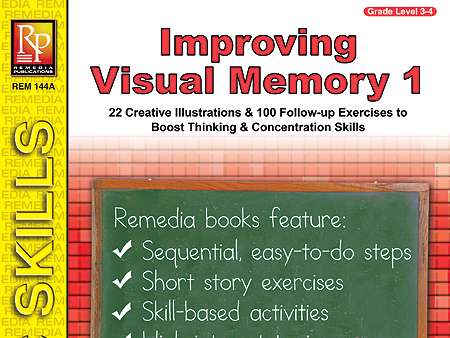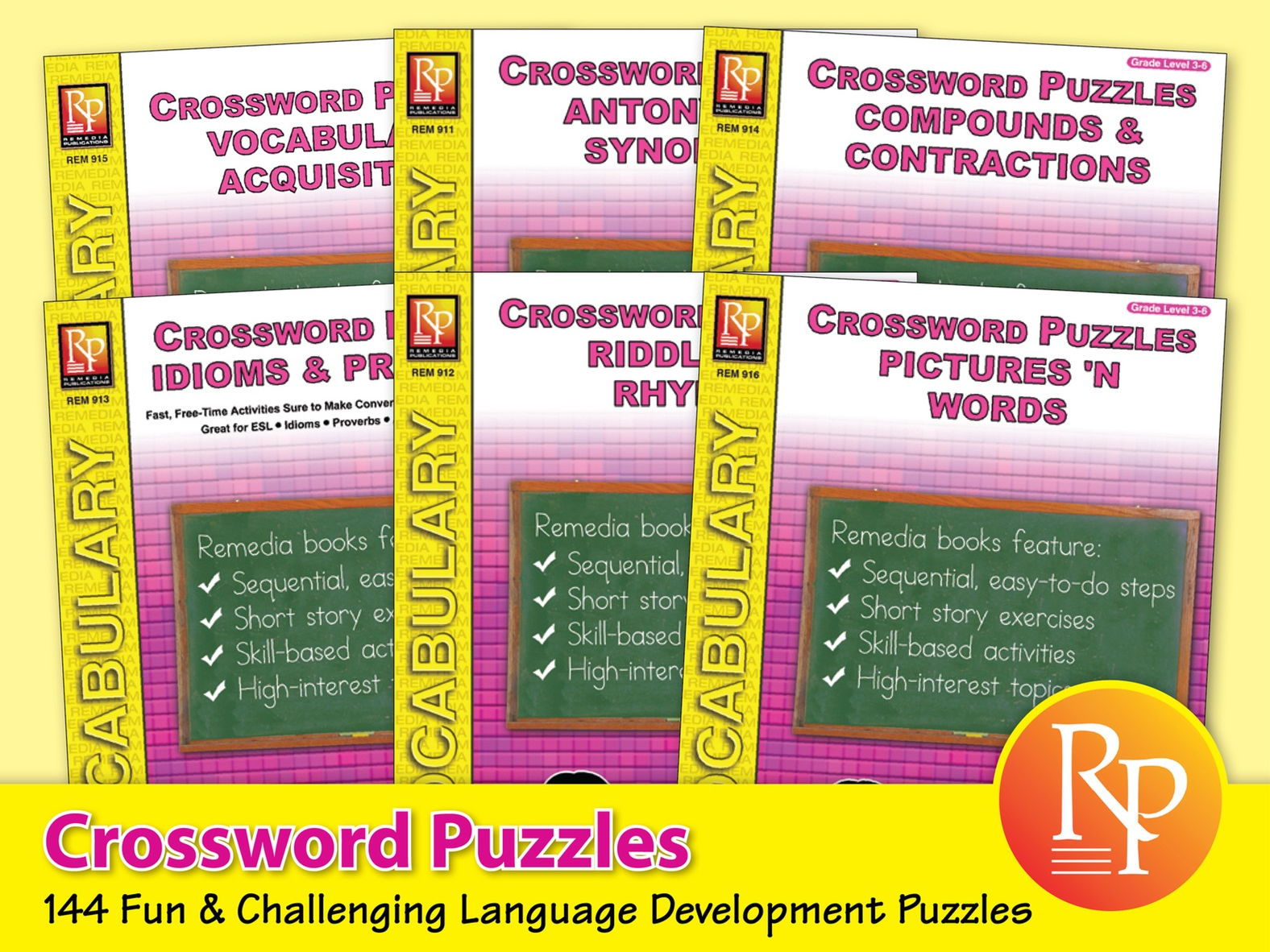Remedia's Shop
Remedia Publications was founded by two experienced special education teachers who recognized a great need for special materials that would help their struggling learners develop and improve basic skills. They believed that teachers know best when it comes to creating learning material, so they assembled a team of other experienced teachers and began developing unique learning products suitable for students in both special ed. classes and regular ed. classes.






















